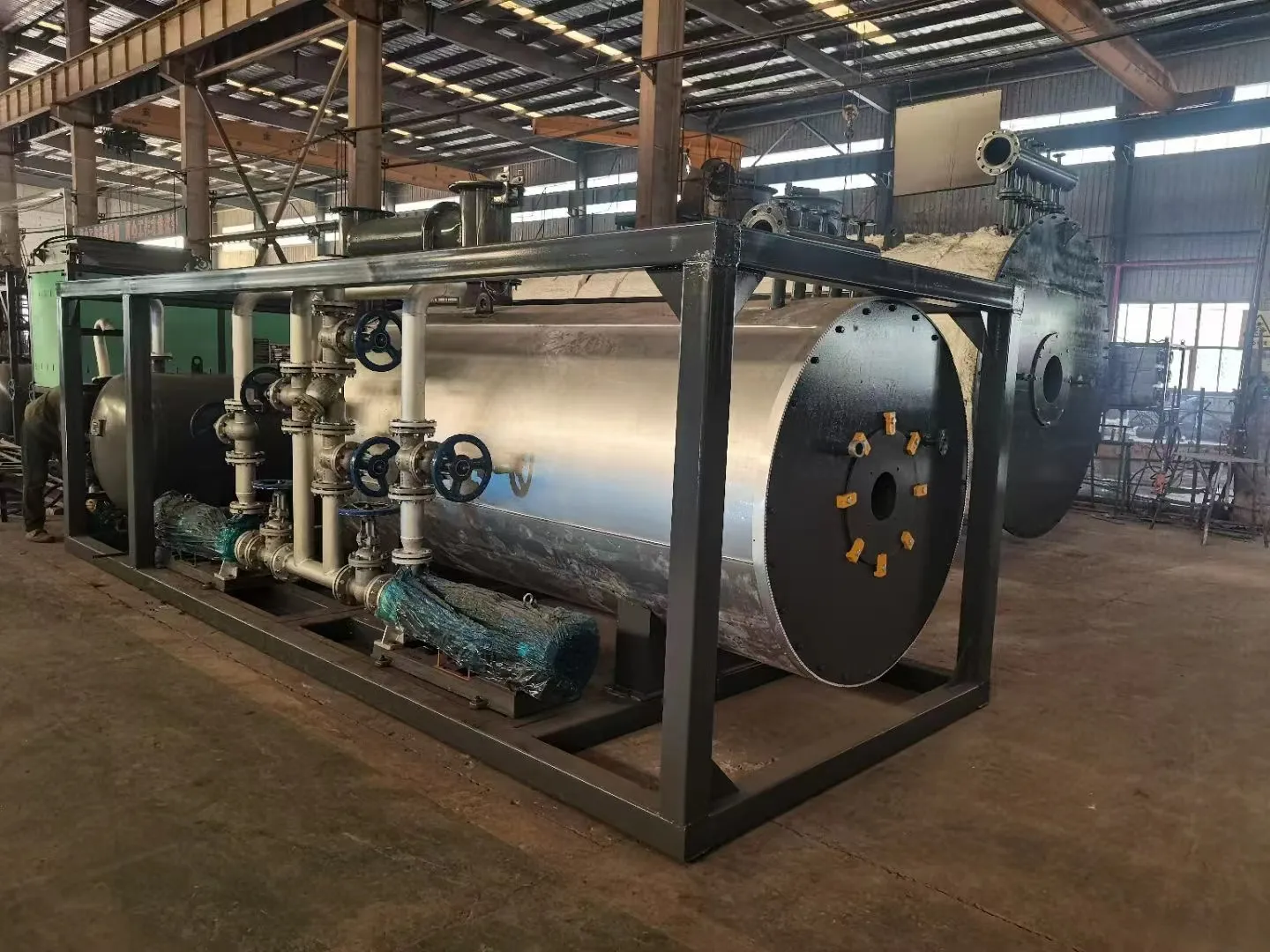Efficient Solutions for Home Heating and Hot Water Systems
Understanding House Hot Water Boilers A Comprehensive Guide
Hot water boilers are essential components in many residential heating systems, providing comfort and convenience throughout the colder months. These appliances are designed to heat water, which is then distributed throughout the home for various purposes, including space heating, hot water for showers, cooking, and cleaning. This article delves into the functioning, types, benefits, and maintenance of house hot water boilers to help homeowners make informed decisions.
How Hot Water Boilers Work
At their core, hot water boilers operate based on a straightforward principle heating water to create steam or hot water that is then circulated throughout the home. A typical hot water boiler consists of several key components, including a burner, heat exchanger, pumps, and various controls and safety features.
1. Burner The burner is responsible for igniting the fuel (natural gas, oil, or electricity) to create heat. The efficiency and effectiveness of the burner can vary widely depending on the model and fuel source.
2. Heat Exchanger This component transfers heat from the burner to the water in the boiler. The design and material of the heat exchanger play a crucial role in the boiler’s efficiency.
3. Pump The pump circulates hot water through the system, ensuring that hot water reaches radiators, faucets, and appliances in a timely manner.
4. Control Systems Modern hot water boilers are equipped with sophisticated controls to manage temperature, pressure, and safety, allowing for optimal operation and energy efficiency.
Types of Hot Water Boilers
There are several types of hot water boilers available on the market, each suited for different needs and preferences. The most common types include
1. Conventional Boilers These are the traditional systems that heat water in a tank. They are typically less energy-efficient and take up more space but are widely available.
2. Combi Boilers Combination boilers provide both space heating and hot water on demand, eliminating the need for a separate hot water tank. They are compact and energy-efficient, making them a popular choice in modern homes.
3. System Boilers These boilers use a separate hot water storage cylinder but are designed to work in conjunction with the existing heating system. They often provide better pressure than conventional systems.
house hot water boiler

4. Condensing Boilers These high-efficiency boilers capture and reuse exhaust heat, significantly reducing fuel consumption and emissions. They are environmentally friendly and cost-effective over time.
Benefits of Hot Water Boilers
Hot water boilers offer numerous advantages for homeowners
- Comfort and Convenience A hot water boiler system provides consistent heating and hot water, ensuring comfort during harsh weather.
- Energy Efficiency Many modern boilers are designed to operate with high energy efficiency, potentially lowering energy bills.
- Reliability Boilers are generally known for their durability and long lifespan compared to other heating systems.
- Reduced Carbon Footprint By utilizing high-efficiency models and renewable energy sources, homeowners can reduce their environmental impact.
Maintenance Tips for Homeowners
To ensure that a hot water boiler operates efficiently and lasts for many years, regular maintenance is essential. Here are some tips
- Annual Inspections Schedule routine inspections with a certified technician to check for leaks, corrosion, and optimal performance.
- Bleed Radiators If your system includes radiators, periodically bleed them to remove trapped air, ensuring efficient heating.
- Check Pressure Monitor the water pressure inside the boiler and refill as necessary to prevent overheating and inefficiency.
In conclusion, house hot water boilers are vital for maintaining comfort, efficiency, and reliability in residential heating systems. By understanding their workings, types, benefits, and maintenance needs, homeowners can make informed choices that best suit their heating needs, ultimately leading to a warm and welcoming home environment.
-
Advanced Electric Steam Boiler Manufacturers | GPT-4 Turbo AINewsAug.01,2025
-
Custom Steam Boilers Manufacturer | AI-Enhanced EfficiencyNewsJul.31,2025
-
Top Electric Steam Boiler Makers | AI-OptimizedNewsJul.31,2025
-
Top Electric Steam Boiler Manufacturers - High Efficiency SolutionsNewsJul.30,2025
-
Top Electric Steam Boiler Manufacturers – Efficient Industrial SolutionsNewsJul.29,2025
-
Top Electric Steam Boiler Manufacturers | Reliable Industrial SolutionsNewsJul.29,2025

